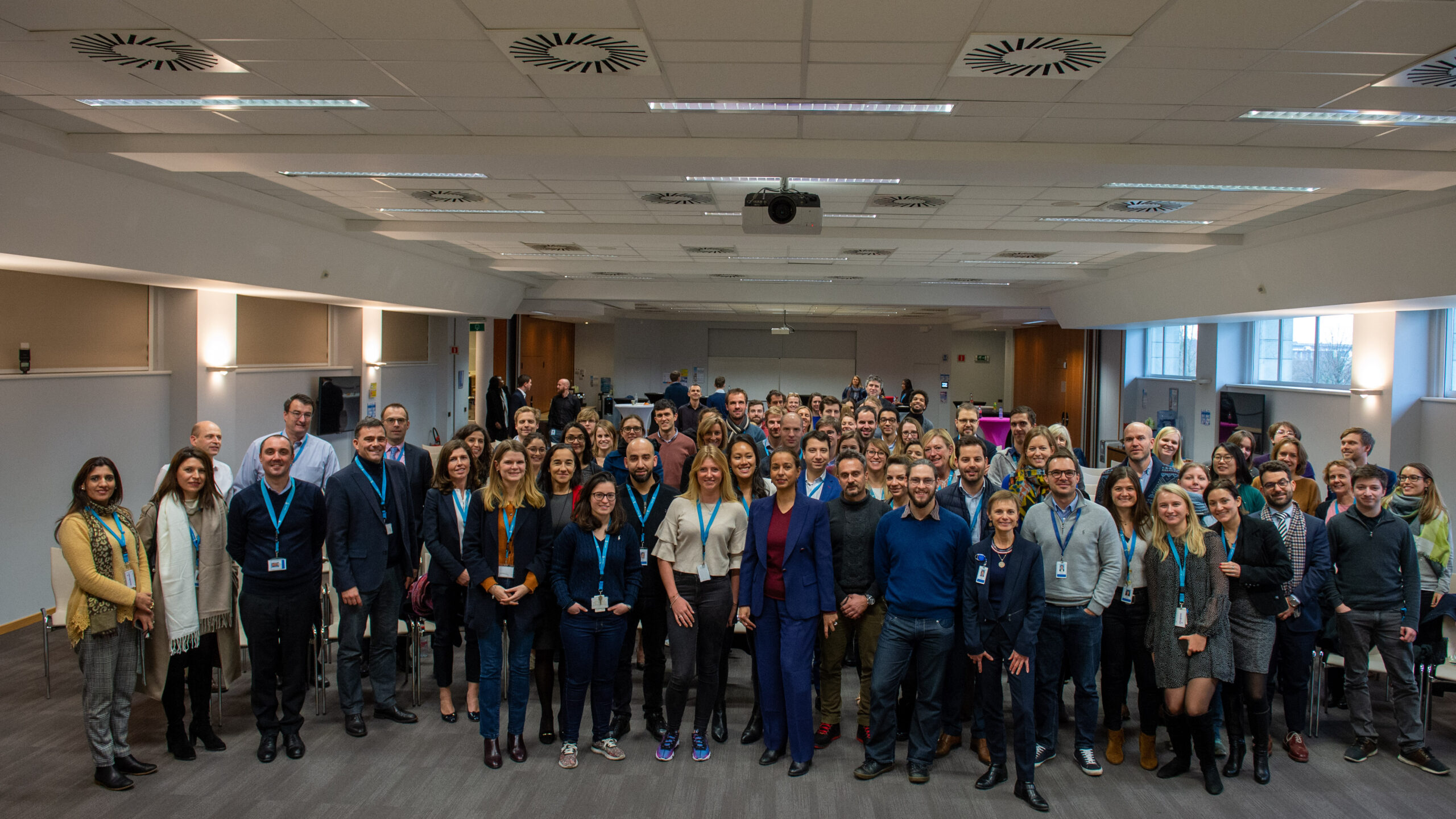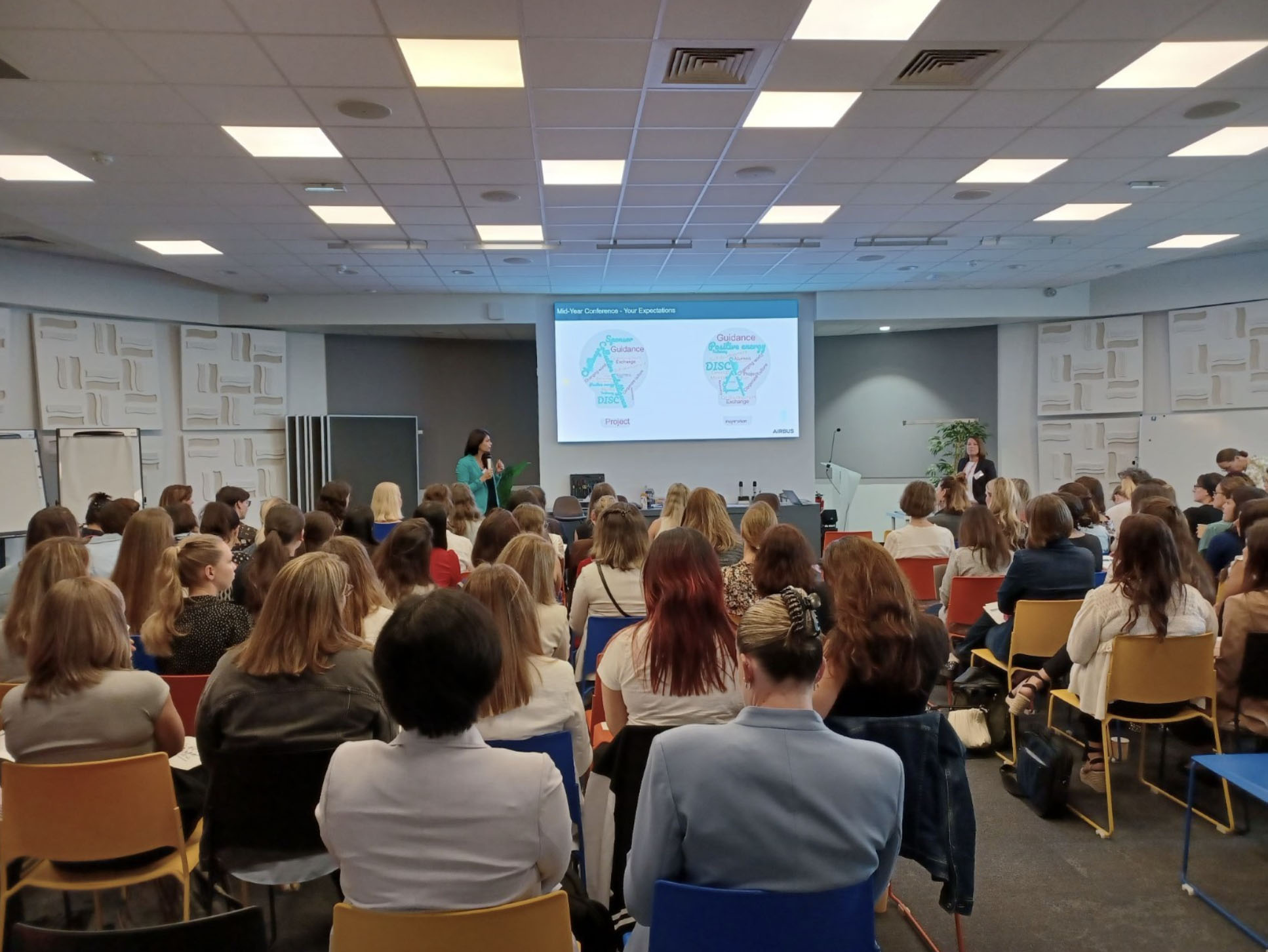

Ensuring sustainable knowledge management through an age-inclusive approach
Background

Restructuring processes and retirements can often lead to the exit of skilled employees. In many cases, as the knowledge is spread along the organisation, not systemised and there is a lack of formal transfer programmes or succession plans, these leavers may represent a significant knowledge loss.
Therefore, Sonae Arauco, leader in the wood-based panels industry, aimed to ensure that senior employees who leave the company have the opportunity to teach and share their knowledge with younger generations, putting together people from different career stages and taking advantage of the age diversity risen.
What did you want to achieve?
Sonae Arauco has created the Sonae Arauco Knowledge Academy (SAKA) to prevent the organisation from losing knowledge and skills when employees retire or leave. Its primary purpose is to identify, collect and standardise its core and critical knowledge with the support of its senior employees, aiming to retain and transmit it to younger generations in a sustainable and inclusive approach.
The SAKA project aims to strengthen and influence the organisation based on five key benefits: acting as a strategic enabler, fostering people development and engagement, ensuring knowledge gathering and structuring, promoting process standardisation, and reinforcing a continuous improvement culture.
What did you do?
The project was structured according to six knowledge pillars aligned with Sonae Arauco’s Product Lifecycle: onboarding; product & applications; production and technology & equipment; market; sourcing; and safety, environment and risk management. With this in mind, training levels were defined according to the knowledge depth required and senior employees were identified according to expertise.
With their support, a technical knowledge management system was developed, comprising a knowledge database repository, training modules for new employees and for career development purposes, as well as specific training plans for each function.
What are the results so far?
In the first two years after the launch, Sonae Arauco developed and validated 20 training modules and impacted 220 trainees from younger generations, according to the target functions covered by the training modules. Estimates point to a total of 8,830 hours of training received by eligible employees. The training achieved a 100% satisfaction rate, with employees valuing the experience and development benefits.
The knowledge data gathering and training development involved 159 senior employees, who together developed 13 manuals and identified 57 potential process improvements.
What have you learned?
The engagement and inclusion of both senior and younger generations was of paramount importance for the success and effectiveness of the Academy, allowing Sonae Arauco to ensure a sustainable approach to its knowledge management, while reinforcing employee sense of purpose.
The data gathering process as well as the design of diverse and attractive learning methodologies were key to the impact of the training modules and programmes.







